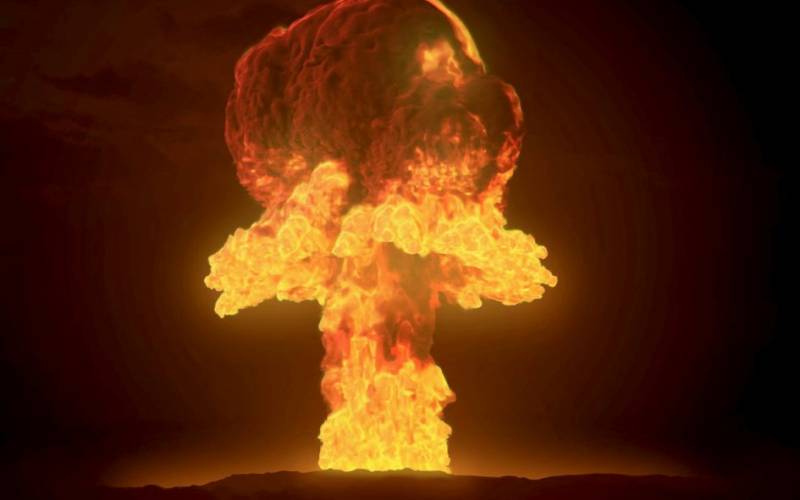Yesterday, North Korea’s missile launch marked an escalation of its nuclear program as part of its survival and security enhancement program. This event has heightened geopolitical tensions and is impacting global markets.
The dynamics
The Korean peninsula has been marked by conflicting relations between North and South Korea – with the South being backed by the US and the North by erstwhile USSR and China. S.Korea’s new leader Moon Jae-in’s softer approach towards collaboration with N.Korea has been impacting S.Korea / US alliance. China’s relation with N.Korea remains complex – while it opposes N.Korea’s escalating nuclear program, it would try to avoid a crisis in N.Korea – to avoid a possible refugee influx. Besides, China also remains N.Korea’s largest trading partner
Impact of the crisis on the global markets
Escalating geopolitical tensions have been hurting sentiment and decreasing risk appetite. This has been driving investors to safe havens such as gold, US Treasuries, Japanese Yen. While response in the Asian markets to the test today was subdued, a deepening of the crisis could have implications for Asian economies like Japan and China, N.Korea’s major trading partners. Rising conflict could result in N.Korea targeting US bases in S.Korea – this could impact investments and exports for S.Korea and dent its economy. The conflict could have indirect consequences for Japanese stock markets as a rising Yen would dent the country’s exports.
Increased stock market volatility is expected with escalating tensions and could lead to a massive sell-off in global equities should possibilities of a war arise.
Read more about impact on the various Asian economies here.




Leave a Reply